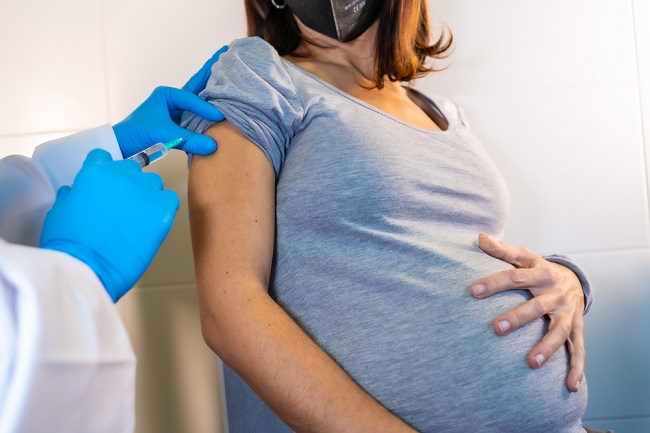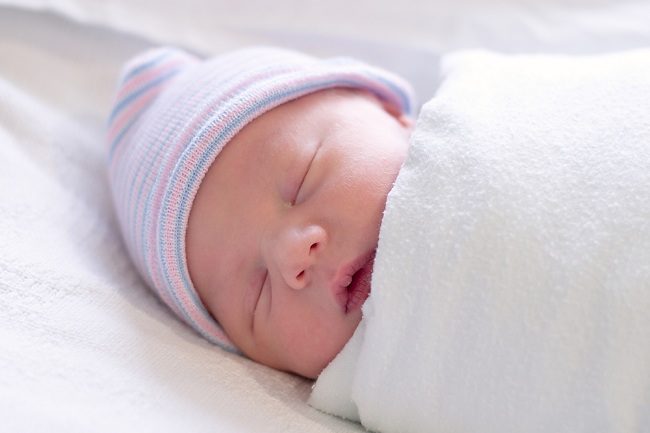Beriberi in pregnant women can occur due to excessive nausea and vomiting. This condition can be caused by a lack of vitamin B1 or thiamine intake. If not treated immediately, beriberi can endanger the safety of mother and baby.
Beriberi occurs due to a lack of vitamin B1 or thiamine in the body. There are two types of beriberi, namely wet beriberi, which attacks the heart and circulatory system, and dry beriberi, which causes nerve and muscle disorders.

This disease generally occurs in children aged 1-4 years. However, adults can also experience it, including pregnant women.
Beri-beri Disease in Pregnant Women
The recommended intake of vitamin B1 for pregnant women is 1.4 milligrams per day. If the body lacks this nutrient, pregnant women are at high risk of suffering from beriberi.
This vitamin B1 can not only prevent beriberi, but also plays an important role in the development of the brain, nervous system, muscles, and heart of the fetus. In addition, this vitamin can also convert carbohydrates into energy, so the body does not feel weak during pregnancy.
Beriberi disease generally occurs in countries where the main carbohydrate source is white rice. This can happen because white rice is processed by removing the fiber layer on the rice grains which are rich in vitamin B1.
Pregnant women should watch out for beriberi, especially if nausea and vomiting occur in excess.
Symptoms of Beriberi Disease in Pregnant Women
There are some early symptoms that pregnant women can experience when they are deficient in vitamin B1, namely fatigue, nausea, and headaches. If left untreated, a very severe deficiency of vitamin B1 can cause beriberi.
The following are some signs of beriberi that often occur in pregnant women:
- Difficulty talking and walking
- Numb hands and feet
- The lower limbs are paralyzed due to non-functioning muscles
- Confusion (mental confusion)
- Shortness of breath during activity
- Heart rate increases
- tingling
- Swollen foot
- Impaired brain memory
- Eyelids down
- Eyes move abnormally
Source of Vitamin B1 for Pregnant Women
To meet the needs of vitamin B1, there are several types of food that can be consumed by pregnant women, including:
- Whole grains, such as whole grains, brown rice, and oatmeal
- Products containing whole grains, such as breads, cereals, pasta, and flour
- Trout and tuna
- Egg
- Beef
- Nuts
- Vegetables and fruits
If you are worried that you can't meet your vitamin B1 needs from food, talk to your doctor to get the right pregnancy supplements.
Complications That Can Occur Due To Beri-Beri Disease
In addition to pregnancy, beriberi is also a high risk for people who are addicted to alcohol, because the compounds in alcohol make it difficult for the body to absorb vitamin B1. In fact, in some cases, this disease can also be inherited, although it is very rare.
Beriberi can also attack people with hyperthyroidism, diarrhea that doesn't go away, HIV/AIDS, and people on dialysis.
Untreated beriberi can lead to more severe complications, such as Wernicke-Korsakoff Syndrome, coma, psychosis, heart failure, and even death. However, if the disease is detected early, treatment and recovery will be faster.
To detect vitamin B1 deficiency in pregnant women, the doctor will perform a physical examination as well as blood and urine tests to measure vitamin B1 levels in the body. If the results of the examination do show a lack of vitamin B, the doctor will give you a vitamin B1 supplement.
Therefore, immediately consult a doctor if pregnant women feel the symptoms of beriberi as mentioned above. Also make sure to always apply a healthy diet and regularly check your pregnancy to the doctor so that the health of pregnant women and fetuses is maintained.









